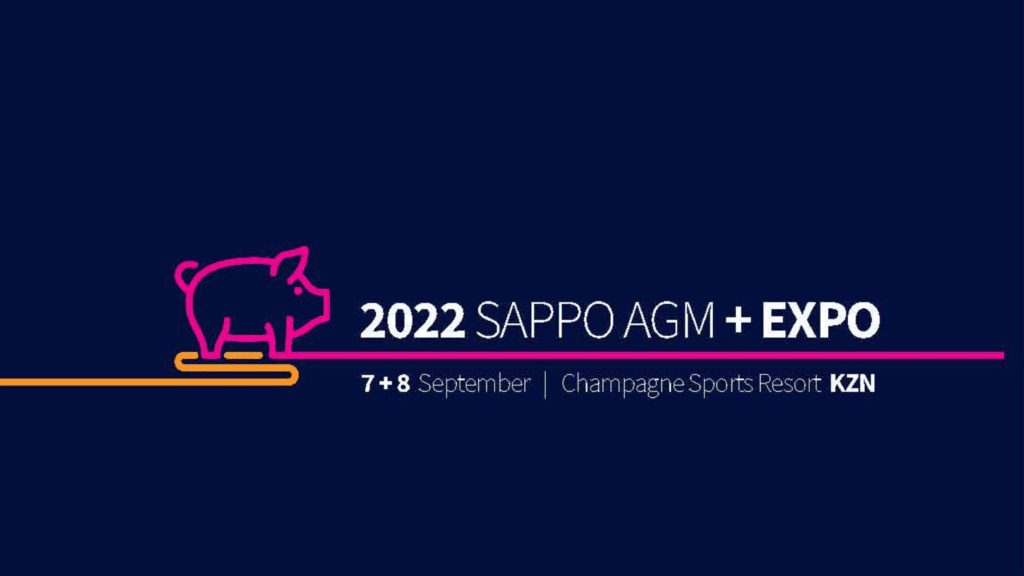As we ease out of two remarkably uncertain years and endure the persisting disruptions in the global pig economy, the SAPPO AGM + EXPO will provide the pork industry an opportunity to reaffirm its importance in the larger South African economy. This year, SAPPO aims to make it even more memorable and enriching than in previous years by combining virtual elements with a physical exhibition.
The theme of the event will be “Farmers Selekt”, which will focus on the importance of telling the pork industry’s collective story. Over the past few months, SAPPO has interviewed various stakeholders and farmers and these video interviews will be shared during the EXPO.
After the event, delegates will have a clear idea about the key trends that will shape the future of the pork industry and how SAPPO will position itself to enable the sustainability of the industry. Moreover, the platform will provide the industry the opportunity to celebrate its collective resiliency through ample networking platforms.
Key highlights
On the first day, the SAPPO’s National Council will have a meeting while exhibitors set up their stands.
The annual general meeting (AGM) for SAPPO members will kick off on the morning of 7 September, and the EXPO will commence at 11:00 with a combination of impactful sessions and networking. Throughout the day, video sessions depicting the story of South African pig farming will be played. Hereafter, Caroline Ravenall, who used to work alongside Richard Branson, will deliver a powerful motivational talk. At the end of the day, a gala dinner will be held in the shadow of the Drakensberg, featuring an influential and inspiring speaker.
The following morning, the EXPO will continue and the event will come to an end at lunchtime.
We are looking forward to welcoming you to a two-day celebration of our industry. Download the provisional agenda here.
For details on registration, contact Jolanda@sappo.org.
The South African Pork Producers’ Organisation (SAPPO) coordinates industry interventions and collaboratively manages risks in the value chain to enable the sustainability and profitability of pork producers in South Africa.
















